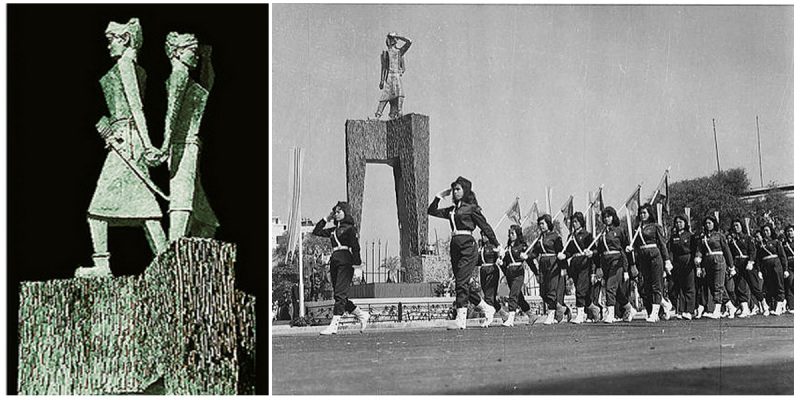The Trung sisters, known as “The Two Ladies Trung” (in Vietnamese as Hai Bà Tru’ng) and individually as Trung Trac and Trung Nhi, were Vietnamese military leaders and heroines who ruled for three years after rebelling in 40 AD against the first Chinese occupation of Vietnam.
The country had been suffering under the rule of the Chinese governor, To Dihn. Many Vietnamese say that if the sisters had not fought against him, there would be no Vietnamese nation today.
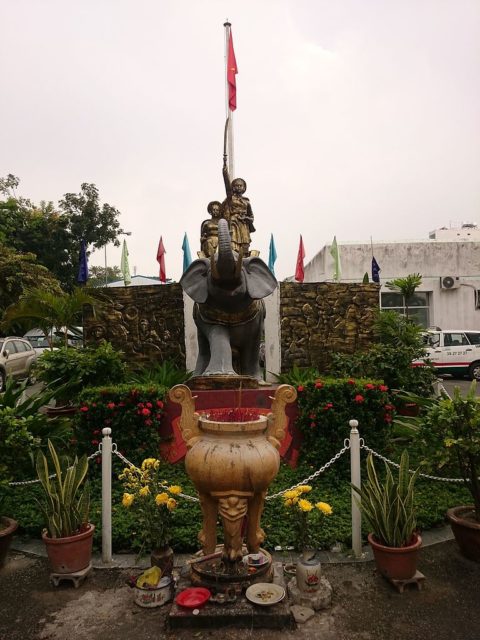
The sisters are regarded as national heroines of Vietnam. They were born in Jiaozhi but the dates of their births are unknown, as are the dates of their deaths. It is believed that they died around 43 AD after a battle against an army led by Ma Yuan.
The primary historical source for the Trung sisters is the 5th century Book of the Later Han by the historian Fan Ye, which covers the history of the Han Dynasty from 6 to 189 AD. The secondary source is the Complete Annals of Dai Viet by Ngo Si Lien, which was finished in 1479.
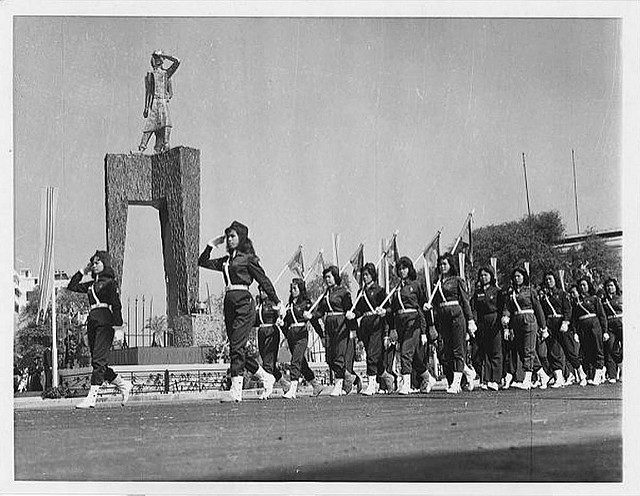
Trung Trac was married to the powerful lord Thi Sach, who made a stand against the Chinese during the Southward expansion of the Han dynasty. The Chinese executed him as a warning to all who contemplated rebellion.
His death was the reason for Trung Trac to mobilize the Vietnamese lords to rebel against the Chinese. The rebellion began at the Red River Delta but soon spread to other Yue tribes along the coast to the north and south.
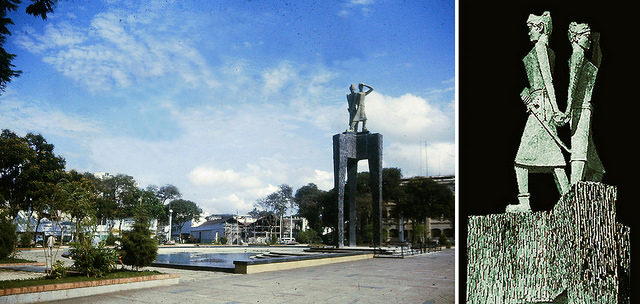
The uprising gained the support of about sixty-five towns and settlements and Trung Trac was proclaimed as the queen. The soldiers of the sisters’ armies were mostly women. Within months, they had taken many citadels from the Chinese and had liberated Nanyue. They were truly respected in Nanyue and managed to resist subsequent Han attacks on the country for over three years.
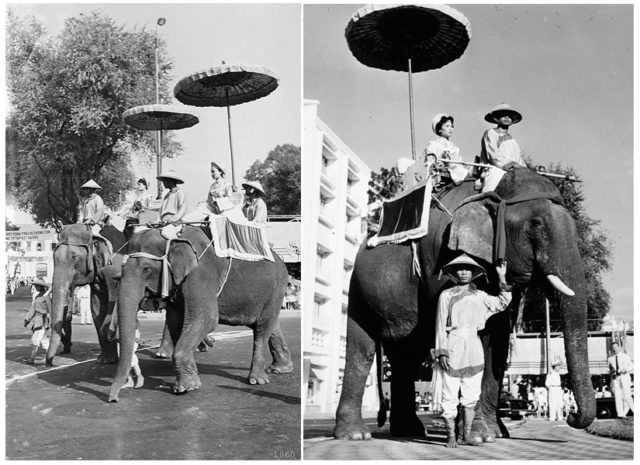
In 42 AD, general Ma Yuan was placed in command and led his Han armies towards the Red River Delta, where they arrived in early 43 AD. The same year, in April or May, the rebellion was stricken down and many historians claim that the sisters were captured and decapitated.
Another source says that the sisters committed suicide but there is no indication of that event in the Chinese account. According to another account, the army of the sisters was defeated when the Chinese troops decided to fight naked, causing the mostly female army to disperse in embarrassment.
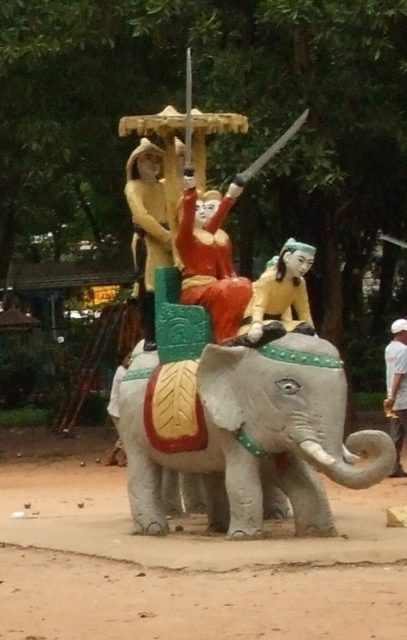
The Trung sisters lead the first resistance movement against the occupying Chinese after 247 years of domination. There is a yearly holiday in Vietnam in February that commemorates their deaths.
The sisters represent Vietnam’s independence and they are often depicted as two women riding two giant elephants. Today, the Trung sisters are powerful symbols of Vietnamese resistance and freedom.
